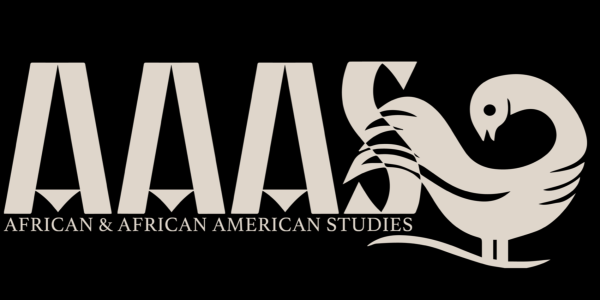The African and African American Studies (AAAS) program will become its own department in January, after 50 years of student advocacy.
The AAAS program was the first ethnic studies program implemented at Stanford, and offers major and minor programs. In the 2022-23 school year, there were 15 declared majors.
Student advocacy
Departmentalization advocacy can be traced back to 1968, according to former president of the Black Graduate Student Association (BGSA) and fourth-year sociology Ph.D. student Kimya Loder. Since then, students have consistently contributed to advocacy efforts for departmentalization.
Loder was involved in the most recent “wave” of departmentalization advocacy that roughly began in 2020. Following the death of George Floyd, she along with others, including AAAS director Allyson Hobbs, created a petition calling on the University to departmentalize AAAS. The petition garnered around 5000 signatures.
Contributing to departmentalization advocacy efforts, former BGSA president Darion Wallace, a fourth-year Ph.D. student studying race, inequality and language, joined BGSA’s AAAS Departmentalization Committee where he and other students researched Stanford’s peer institutions and their Black studies organizational infrastructure. Wallace concluded that compared to its top 10 peer institutions, Stanford was the “only institution not to have some dedicated resources and a department academically housed within the Faculty Senate that interrogates Black life and history to this level.”
“Students have been demanding a department of Black studies over the past 50 years, but Stanford had failed to engage with that demand,” Wallace said.
Wallace said it was important to acknowledge the role of student advocacy in AAAS departmentalization: “Oftentimes, the way in which AAAS departmentalization is discussed leaves out the longstanding history of student advocacy behind the department. [But] actually there were lots of really hard meetings with the administration.”
Wallace said early on in the process, the administration had expressed “alarming” concerns around the vitality of African American Studies at an institution like Stanford. According to Wallace, BGSA members researched and educated administrators on the intellectual history and global impact of African American Studies on campus and beyond.
Loder said that after the university agreed to departmentalize AAAS, she sat on the Framework Task Force, a group composed of students and faculty, to plan out the AAAS department by developing curriculum in a collaborative effort with faculty at peer institutions, such as Harvard, Princeton and UCLA. After nearly a year of meetings with members of various Black studies departments, the task force was able to structure their own department, consider which types of courses they wanted to provide and which thematic focuses they wanted to implement.
Benefits of departmentalization
According to associate professor of English and a member of the Framework Task Force, Vaughn Rasberry, becoming a department will give AAAS faculty newfound authority to hire their own faculty members.
“Only departments can hire their own faculty,” Rasberry said. Programs on the other hand are rely on faculty from other departments to teach their courses and usually struggle to find faculty with the time and willingness to commit to their programs, Rasberry said.
According to Raspberry, departments do not face the same challenge because they have full-time faculty whose primary obligations are to that department. Similar to AAAS, most other ethnic studies, such as Jewish Studies and Chicana/o-Latina/o Studies, are programs.
Having full-time faculty will allow students to access more cohesive course offerings and find major advisors within their department, Wallace said.
According to Wallace, departmentalization will also streamline the process for graduate students to get involved with Black studies training in theory and methodology.
Dean of the School of Humanities and Sciences Debra Satz wrote that while building an undergraduate program is the current focus of the AAAS department, there are also plans to build a graduate program later on.
“In not having the grad program, undergraduate students are missing out on that ability to interface intergenerationally with Black studies scholars,” Wallace said. “[There is a] lack of mentorship in Black studies that many of us are eager to have, but because there’s no pathway for graduate students to engage with the department, many of us have to find that on our own.”
Looking forward
Rasberry said the department still has a lot of decisions to figure out, including hiring faculty and administrative staff, planning how to utilize the space of their new building, connecting and collaborating with other departments, reaching out to alumni and figuring out how to grow the department.
“I hope that our department will evolve into a world class intellectual hub for the Study of African American life, the African continent and the global African diaspora,” Rasberry said. In addition, Rasberry said he hopes students from all disciplines engage with the AAAS department, because the department has “something unique and powerful” to offer everyone.
Rasberry said departmentalization of the AAAS program sends the powerful signal that the University is deeply invested in the field of Black studies. Loder said she hopes the department continues to be community and grassroots oriented. She wants the AAAS department to feel distinguishable to “traditional departments,” because she hopes the AAAS department can act as a space for intellectual dialogue, as well as a center of community for Black students and those interested in Black studies alike.
“When I first came to Stanford, the program in African and African American Studies felt very much like a home,” Loder said. “I hope that in this transition, that feeling is only amplified.”
